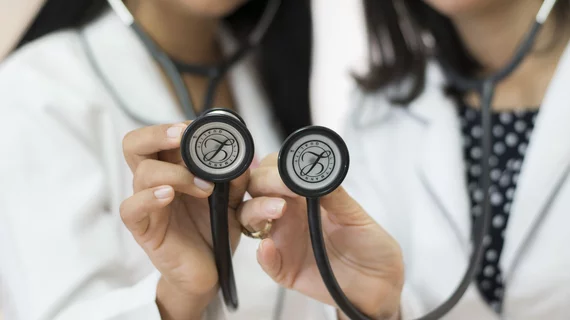What cardiologists need to know about maintaining certification
Becoming board certified is a massive moment in any physician’s career, one that represents years and years of hard work and dedication. Maintaining that certification, however, can be downright confusing.
Mustafa Husaini, MD, a cardiologist at Washington University School of Medicine in St. Louis, wrote about this very subject on the American College of Cardiology’s website. In his analysis, he warned that physicians risk falling behind if they don’t keep up with their certification.
“While we are now free to focus on our career endeavors and ‘live as if we were to die tomorrow’ without the prospect of yet another upcoming standardized exam, it is imperative that we do not lose track of our internal academic drive,” Husaini wrote. “Without the regular checkpoints that medical training provided, we can get lost on what we are required to do to maintain certification.”
Husaini used his commentary to review some of the many acronyms young cardiologists have to memorize. He detailed the difference between continuing medical education (CME) and maintenance of certification (MOC), for instance, and explained how physicians can start earning points toward their 5-year MOC requirements.
He also emphasized the importance paying annual fees on time to avoid penalties.
“Whether we are the late-night crammer, the steady as she goes doer, or the meticulous planner, there are multiple assessment pathways that we can fit to our individual learning style,” he said. “Whichever pathway you take, it is important to evoke the words of Mahatma Gandhi and continue learning as if you were to live forever.”
Click the link below to read Husaini’s full assessment.

